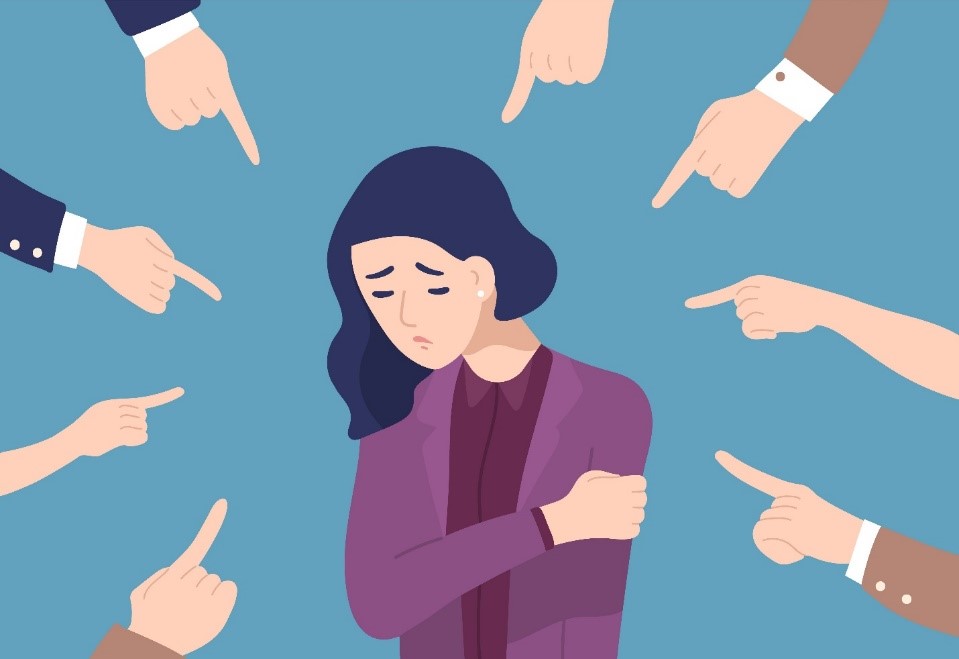In today's digital world, the internet has become a significant source of information and support for individuals with chronic conditions such as diabetes. However, despite its many advantages, the online sphere is not immune to the perpetuation of stigma and misinformation surrounding the condition. You may have read a lot about stigma via your social media platforms of late. I apologise if my own content has been focused on that subject. However, I do believe it is a hugely important issue and one which can be addressed within the general population. I understand that to many of you stigma is not the most exciting subject to read about. Indeed, some of you may have never experienced stigmatising content. Stick with me, have a read, it will only take a few minutes.
Stigmatising content can have severe consequences for individuals with diabetes. It not only perpetuates harmful stereotypes but also hinders our ability to manage the condition effectively. Stigma may discourage individuals from seeking necessary medical care, adhering to treatment plans, or even disclosing their condition to others. Consequently, this can lead to poor glycemic control, increased complications, and a diminished quality of life.
To combat stigma effectively, it is crucial to empower individuals with diabetes through education and awareness. Creating and promoting online content that accurately represents the realities of living with diabetes can play a pivotal role in challenging misconceptions and dispelling stereotypes. At #GBDoc, we recently launched the #StopTheStigma campaign to do precisely that. By providing evidence-based information, sharing personal experiences, and embracing empathy towards others, we can reshape the narrative around diabetes and create a more inclusive online environment.
Online communities such as GBDoc can serve as a lifeline for individuals with diabetes, offering support, validation, and a sense of belonging. These communities should prioritise the creation of safe spaces that are free from stigma and judgement. As a volunteer, I work hard to ensure everybody feels safe to engage in and express themselves in the communities that I am a part of. If you notice or experience otherwise, just let me know.
Healthcare professionals CAN play a crucial role in combating stigma surrounding diabetes. By staying updated on the latest research, guidelines, and treatments, they can provide accurate information to their patients and the general public. Sadly, there are some HCPs with a different agenda. I strongly encourage diabetics of any type to avoid engaging with or acknowledging HCPs who are promoting diets or lifestyles via a subscription based service. There are a few of those guys kicking around, even in the UK!
Despite it being 2023 and despite many words of advice and correction, stigma surrounding diabetes persists in online content today, creating barriers for individuals seeking support and information. However, by recognising the impact of stigma and actively working to combat it, we can create a more inclusive and supportive online environment for individuals with diabetes. Through education, empathy, and the promotion of accurate information, we can break down barriers, empower those affected by diabetes, and contribute to everyone's overall well-being.
BUY DIABETIC DAD A COFFEE HERE
GET MENTORING SUPPORT FROM DIABETIC DAD
Prefer PayPal?





